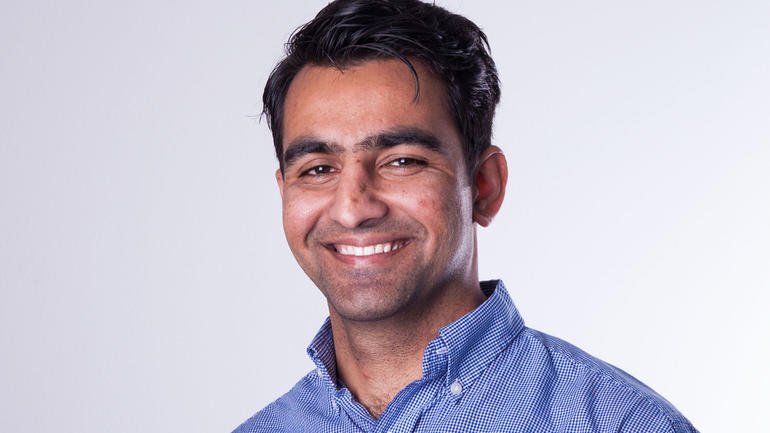Om avhandlingen:
This dissertation addresses a specific problem: radically new products often fail because consumers do not always have the ability to understand the new products and their functional benefits.
The results from six empirical studies suggest one way for companies to overcome this problem. In their marketing communication, companies must emphasize upskilling or ways in which their new products can improve consumers’ skills and capabilities.
This idea is founded in the fact that people understand their own skills and are generally more motivated to access information that relates to themselves. Not all people at all times react to upskilling communication with the same desire to learn new skills. For upskilling communication to be effective, companies should ensure that consumers are in a state of growth mindset, which means that they believe in their ability to learn and grow. People’s openness to change, learning and effort enables them to appreciate the benefits presented in upskilling communication. However, if marketers are unable to identify consumers’ situational growth mindset, then communication based on symbolic benefits is more effective.
My research work offers two theoretical contributions. First, rooted in the theory of procedural memory, I introduced, defined, and operationalized a new construct called upskilling communication as an alternative approach in consumer learning of new products. Upskilling communication involves building one’s procedural knowledge, while prior research has focused on building declarative knowledge through functional communication. This study extends the existing research on consumer learning about and adoption of new products and supplements the literature on persuasion and memory. Second, this research introduced growth mindset as an input into consumers’ learning of new products and provides implications of mindsets for consumers’ behavior and marketing.
Among others, this research has two key practical implications. First, in terms of marketing efforts, it illuminates the upskilling benefits of new products so that consumers will understand them more effectively. Second, given the growing importance of social media in marketing communication, this research helps marketing managers to design marketing messages that either are compatible with or violate the situational growth mindset of the consumers on social media platforms. For example, managers could segment consumers based on advertising channels such as TV shows, YouTube, magazines, and conferences.
Overall, this dissertation enhances our understanding of ways to increase consumer adoption of really new products.
